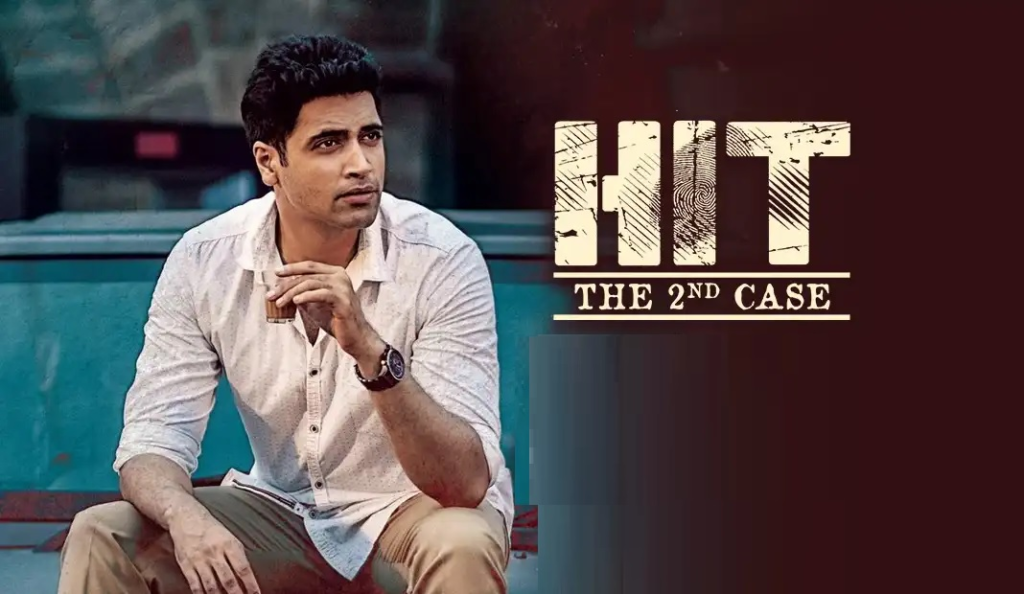The Pros and Cons of Secured vs. Unsecured Loans
When it comes to borrowing money, choosing between a secured loan and an unsecured loan can be challenging. Each type of loan has its own set of benefits and drawbacks, which can impact your financial health and loan approval chances.

Buying a home is a significant milestone, and securing the best home mortgage loan is crucial to making your dream come true. With so many options available, it’s essential to choose a bank that offers low-interest rates, flexible repayment terms, and excellent customer service. In this article, we’ll explore the best banks for home loans in India that stand out in 2025 for their competitive offerings.
In this article, we will explore the differences between secured and unsecured loans, their advantages and disadvantages, and which option may be best suited for your financial needs.
What is a Secured Loan?
A secured loan is a type of loan that requires the borrower to pledge collateral—such as a house, car, or savings account—as security. This collateral reduces the lender’s risk, making it easier to obtain low-interest rates and higher loan amounts.
Common types of secured loans include:
- Home Loans (Mortgage Loans)
- Auto Loans (Car Loans)
- Loan Against Property
- Gold Loans
- Secured Personal Loans
What is an Unsecured Loan?
An unsecured loan does not require any collateral. Approval is based on the borrower’s credit score, income, and financial history. While unsecured personal loans are easier to obtain for individuals with good credit, they often come with higher interest rates.
Common types of unsecured loans include:
- Personal Loans
- Credit Cards
- Student Loans
- Medical Loans
- Payday Loans
Pros and Cons of Secured Loans
Pros:
- Lower Interest Rates
Secured loans usually have low-interest rates since the lender’s risk is reduced by the collateral. - Higher Loan Amounts
With collateral, you can qualify for higher loan amounts, making it ideal for large purchases like homes or cars. - Longer Repayment Terms
These loans offer longer repayment periods, which can result in lower EMIs and manageable payments. - Easier Approval with Poor Credit
If you have a low credit score, secured loans offer better approval chances as the collateral offsets the risk.
Cons:
- Risk of Losing Collateral
Defaulting on a secured loan can result in losing your asset, such as your home or car. - Longer Processing Time
Secured loans often require property valuation and extensive documentation, making approval slower. - Additional Costs
Fees like processing charges, legal fees, and valuation fees may increase the total cost of borrowing.
Pros and Cons of Unsecured Loans
Pros:
- No Collateral Required
Unsecured personal loans do not require any assets, reducing the risk of losing valuable property. - Faster Approval Process
These loans usually have a quick approval process since no asset valuation is needed. - Flexibility in Usage
Funds from unsecured loans can be used for various purposes, such as medical expenses, debt consolidation, or vacations.
Cons:
- Higher Interest Rates
Due to the lack of collateral, unsecured loan interest rates are generally higher, increasing the total repayment cost. - Lower Loan Amounts
Without collateral, the loan amount offered is usually smaller, limiting large expenses. - Strict Eligibility Criteria
Lenders rely heavily on credit scores and income, making it difficult for those with poor credit to qualify.
Comparison: Secured Loans vs. Unsecured Loans
| Feature | Secured Loans | Unsecured Loans |
|---|---|---|
| Collateral Required | Yes | No |
| Interest Rates | Lower | Higher |
| Loan Amount | Higher | Lower |
| Approval Time | Longer | Faster |
| Risk | Loss of collateral if defaulted | No asset loss, but credit score drops |
| Eligibility Criteria | Flexible | Strict |
When to Choose a Secured Loan?
- Purchasing a Home or Car: Opt for home loans or auto loans for lower interest rates and higher amounts.
- Need a Large Loan Amount: Ideal for business expansion, home renovations, or consolidating high-interest debts.
- Low Credit Score: Easier approval due to the collateral provided.
When to Choose an Unsecured Loan?
- Emergency Expenses: Quick approval makes it suitable for medical bills or sudden repairs.
- Small Borrowing Needs: Best for low amounts where collateral isn’t necessary.
- Good Credit Score: If you have a strong credit history, you can secure favorable interest rates.
Impact on Credit Score
Both secured and unsecured loans can affect your CIBIL score:
- Timely repayments improve your credit score, enhancing your eligibility for future loans.
- Defaulting on either loan type will negatively impact your credit score, limiting your borrowing options.
Final Thoughts on Choosing Between Secured and Unsecured Loans
The decision between secured vs. unsecured loans depends on your financial situation, asset availability, and borrowing needs. For larger amounts and lower interest rates, a secured loan is beneficial. However, if you prefer not to risk collateral and need quick funds, an unsecured personal loan is the better choice.
Evaluate your financial goals, compare interest rates, and choose the loan type that aligns with your needs in 2025!


